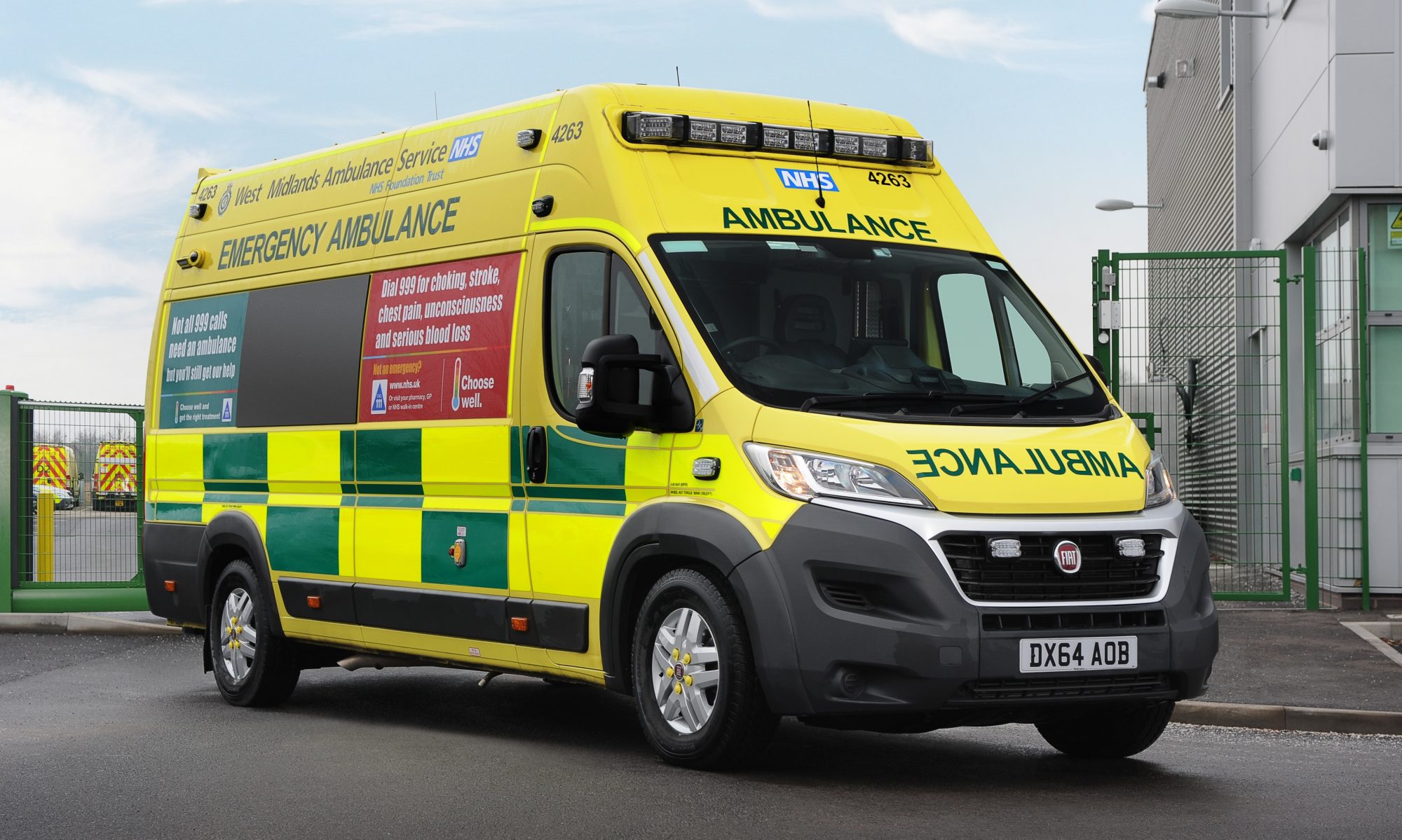Background
High blood pressure is common in acute stroke and is a predictor of poor outcome; however, large trials of lowering blood pressure have given variable results, and the management of high blood pressure in ultra-acute stroke remains unclear. We investigated whether transdermal glyceryl trinitrate (GTN; also known as nitroglycerin), a nitric oxide donor, might improve outcome when administered very early after stroke onset.
Continue reading “Prehospital transdermal glyceryl trinitrate in patients with ultra-acute presumed stroke (RIGHT-2): an ambulance-based, randomised, sham-controlled, blinded, phase 3 trial”
